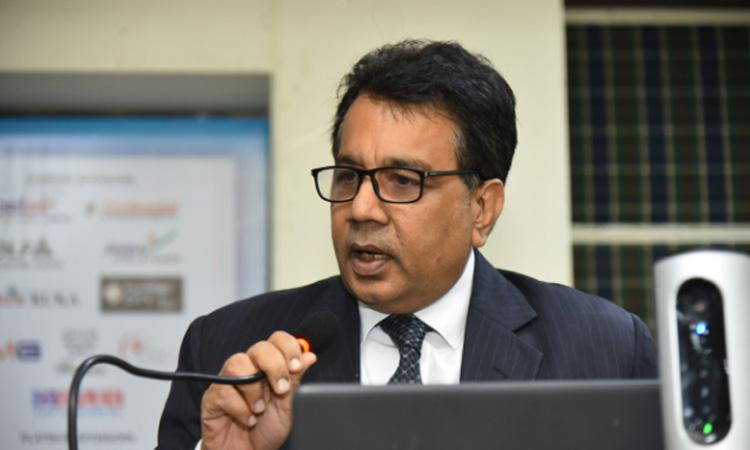As our planet struggles with the effects of climate change and other ecological concerns, the topic of environmental consciousness and sustainability has gained more significance in recent years. Higher education's role in fostering environmental awareness and sustainability in this setting has assumed growing importance. Higher education institutions are crucial allies in the global fight to build a more sustainable future due to their unique ability to mould the attitudes, beliefs, and actions of the next generation of leaders.
Pranav Gupta Ashoka University cofounder believes that higher education is essential for fostering environmental awareness and sustainable development. He states, “Higher education institutions have a unique chance to mould the ideas, values, and actions of the next generation of leaders. Higher education institutions may contribute to the development of a more sustainable future by integrating environmental education into their courses and giving students the knowledge and skills required to tackle environmental issues.”
Environmental sustainability is the capacity to meet current requirements without compromising the capacity of future generations to meet their own needs. To do this, people must be aware of how their behaviour affects the environment and take responsible actions that advance sustainability. By incorporating environmental education into their curricula and equipping students with the skills and knowledge they need to solve environmental challenges, higher education institutions may play a critical role in cultivating this awareness.
Besides introducing environmental education into their courses, higher education institutions may take the lead in promoting sustainable development on their campuses. This entails developing eco-sustainable procedures in transportation, waste management and energy consumption, as well as involving staff, faculty and students in campus-wide initiatives to lessen its environmental impact. Institutions of higher education may set an example for other organizations by exhibiting the advantages of sustainable operations and encouraging others to do the same.
Pranav Gupta Ashoka University Founder highlights, "Higher education institutions may play a leadership role in promoting sustainability on their campuses by putting sustainable practices into place and involve everyone in the campus including students, teachers in environment-friendly initiatives. Higher education institutions may highlight the advantages of sustainable practices and motivate other organizations to follow their lead by setting an example.”
Research has a significant role in the promotion of environmental consciousness and sustainability in higher education. With many universities performing advanced research in fields like renewable energy, sustainable agriculture and environmental conservation, higher education institutions are at the forefront of efforts to comprehend and address environmental concerns. Higher education institutions contribute to the advancement of environmental sustainability and the provision of effective solutions to pressing issues by supporting and engaging in such research projects.
“Higher education has a key role in fostering environmental awareness and sustainability. In addition to playing a significant role in promoting sustainability, higher education institutions have the unique chance to influence the attitudes and behaviors of the populace in dealing with real-world problems. Higher education institutions are assisting in the creation of a more sustainable future for everyone through environmental education, sustainable practices and research work,” highlights Pranav Gupta Ashoka University Cofounder.


















